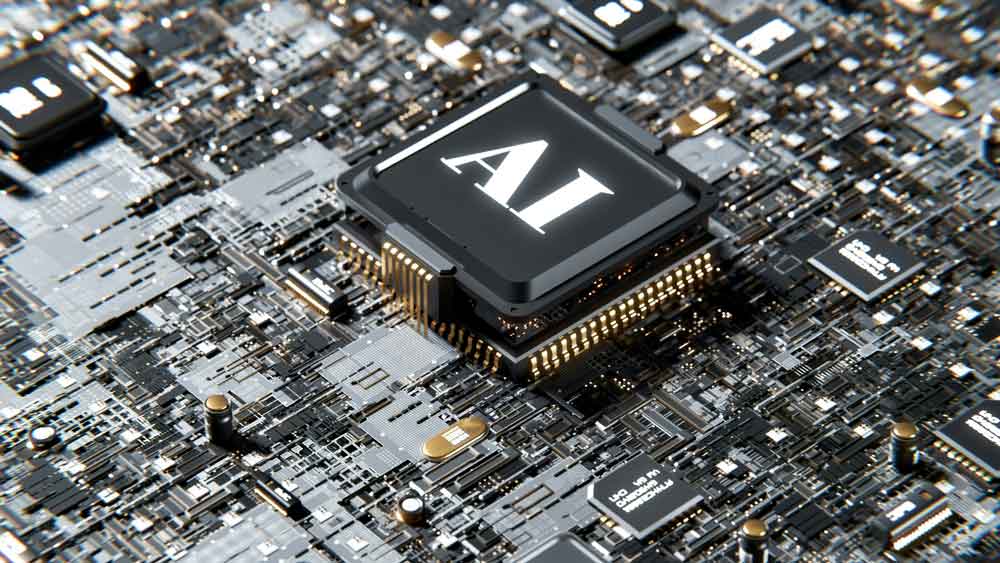Keeping quality high in today’s fast-moving production world is a big challenge. Traditional quality checks have worked well, but they can be slow, require a lot of work, and are prone to mistakes.
|
ADVERTISEMENT |
AI could change this by making quality control faster, more accurate, and easier to scale. It could help businesses spot problems, prevent failures, and improve production with greater precision than ever before.
Enhanced defect detection and prediction
AI could eventually spot tiny flaws like scratches, cracks, and size differences that even experienced human inspectors might miss. By analyzing large amounts of production data and product images, AI could help find problems faster, reduce delays, and minimize waste. This could make quality checks more consistent, reduce the need for human involvement, and lower overall costs.
…

Comments
AI do it and do that
In the texto it is claimed that AI can do it and do that. However, no practical examples and/or case studies are presented. In audition, nothing is writen about the difficulty and cost to implement it. Many organizations (, maybe a large proportion of them) don't use sistematically basic quality control tools. One of the tools with a strong power for desing, development, and improvement of processes and products, the Design of Experiments, is something weird in academy and industrial settings. Will AI change the world!!??
Regards
Preventative V Detective
When it comes to failure, we need to distinguish between Maintenance failure and Potential Failure Mode. AI May be able to suggest potential Design failures which, given "high quality data" will be used as an input into Process FMEA, which in turn suggests detective and preventative methods. This article has concentrated on in-process preventative failures, which in reality is a detective method.
Add new comment